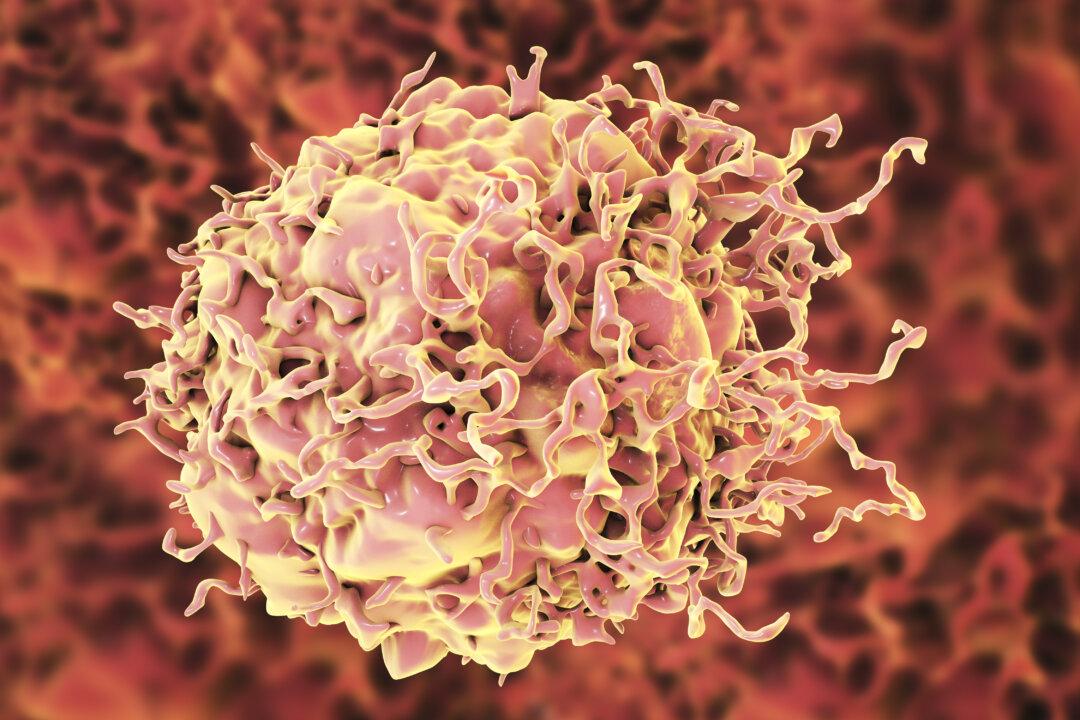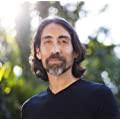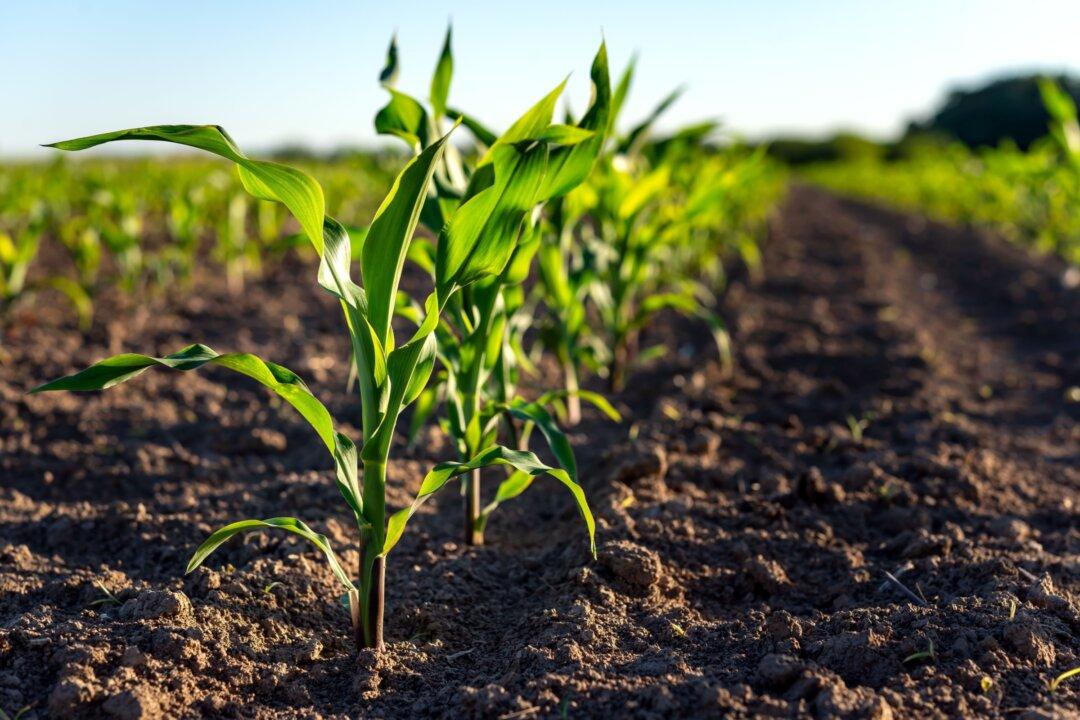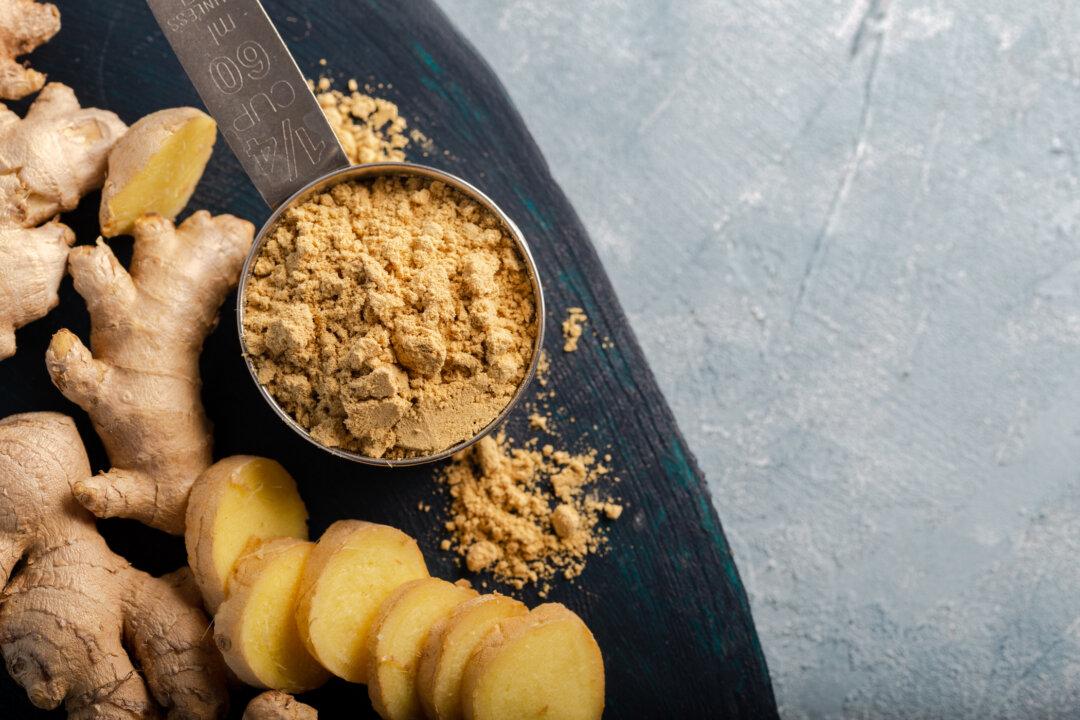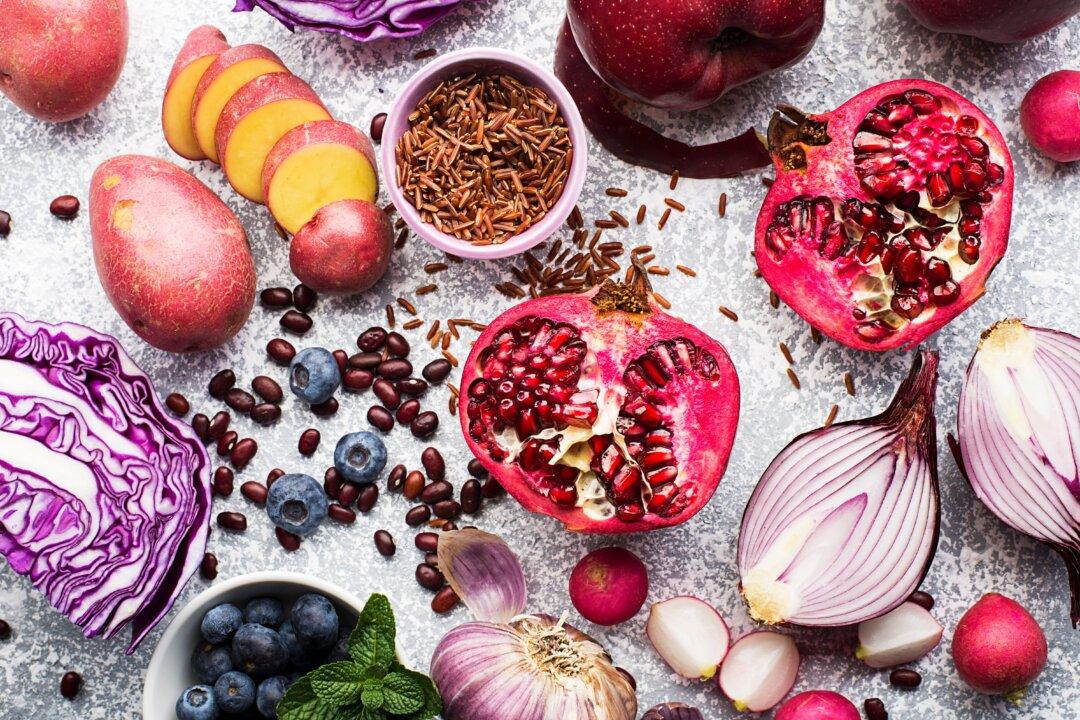When chemo fails, the immense healing power of bioactive compounds in food may be the only hope left.
Colon cancer is one of the world’s most prevalent and lethal forms of cancer and is believed to be driven primarily by the Western pattern diet. It has been estimated that more than 1 million people around the world are diagnosed with colon cancer, and 500,000 die from it, each year.1

